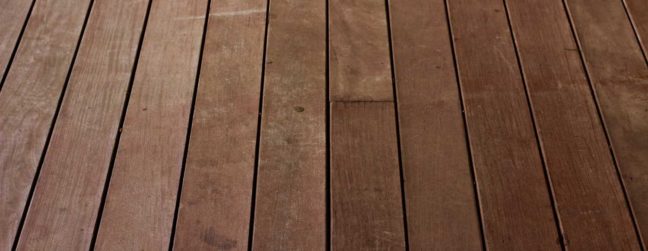A significant number of homeowners and building proprietors in Virginia will tell you that, at one point or another, they have had a contractor install some kind of flooring in their premises but ended up with something that was haphazardly done or not to their expectations. As a result, they were forced to seek legal recourse by filing a suit against the flooring company.
In most cases, unsightly flooring problems are the result of installation errors. However, due to seasonal variations in temperature and humidity, the severity of such issues only becomes apparent at certain times of the year in most homes.
This is one of the reasons why you must seek legal counsel to ensure your claim is clearly understood before you decide to pursue legal action against your flooring company or contractor.

When Can I Sue A Contractor or Company?
When hiring a flooring contractor for your home repairs, most people sign a legal contract that specifies the terms and conditions of the project. This includes the work to be done, when it is to be completed, and a payment schedule showing the amount of a down payment, if any, and the amount due once the project is finished.
The most common cases filed against flooring contractors happen when they fail to follow the terms and conditions of the contract. Examples of this include not performing all the work required and missing deadlines.
Some of the other situations that can lead to lawsuits against flooring contractors include:
- A job that has been completed unsatisfactorily
- When a contractor that has violated safety regulations
- If a contractor has accepted a down payment or deposit but then fails to finish the job as agreed
- When a contractor or company overcharges the client or substitutes substandard materials for the higher grade materials specified for the project
A flooring contractor who fails to satisfactorily complete the job based on the terms and conditions set forth in the contract is considered in breach of that contract. This breach allows you to seek legal remedy by filing a suit. This is usually done in civil court and also applies to other situations such as suing a pool company.
Suing A Contractor For A Bad Flooring Job
There are several possible causes for most problems with a flooring job. In some cases, it could be an error in the manufacturing process of the items used, but removing them will still cost you a lot, especially when it comes to hardwood floors.
This is because such a process may require you to leave your home and put your belongings in storage before the repair process can be completed. You will also have to ask the contractor in clear terms, does your insurance cover poor workmanship?
With that in mind, if you happen to be the victim of a flooring company that installed faulty floors but is telling you that you are responsible for the issue by blaming your home’s humidity or heating system, don’t agree to make any repairs.
The following information will help you understand how to go about the process of suing a flooring company.
After a flooring contractor has wronged you, the first thing you should do is to provide them with a written notice of intent to sue. Doing so will allow you to create a record of proof showing that you gave the offending party a chance to resolve the matter.
You will need to give them some time, perhaps five working days, to fix the problem. You should also advise them that failure to do so will result in you hiring another contractor and suing them for all the costs you incur.
While this is going on, you can get another company to come, examine your floor, and provide you with a report on the best way to remedy the situation. If the offending party fails to make repairs, you will have all your evidence gathered to sue for the cost of having someone else do the job.
How to Successfully Sue a Flooring Contractor in Virginia
If you have been wronged by a flooring contractor, who does not want to remedy the situation, you have the option of suing them. If you believe that you have a strong case and have evidence to present to the court, you should do so. You don’t have to incur the costs of repairs if you did nothing wrong. However, do consider working with a construction fraud lawyer when dealing with such matters.



